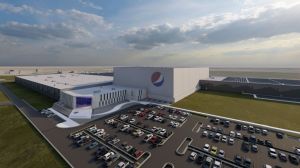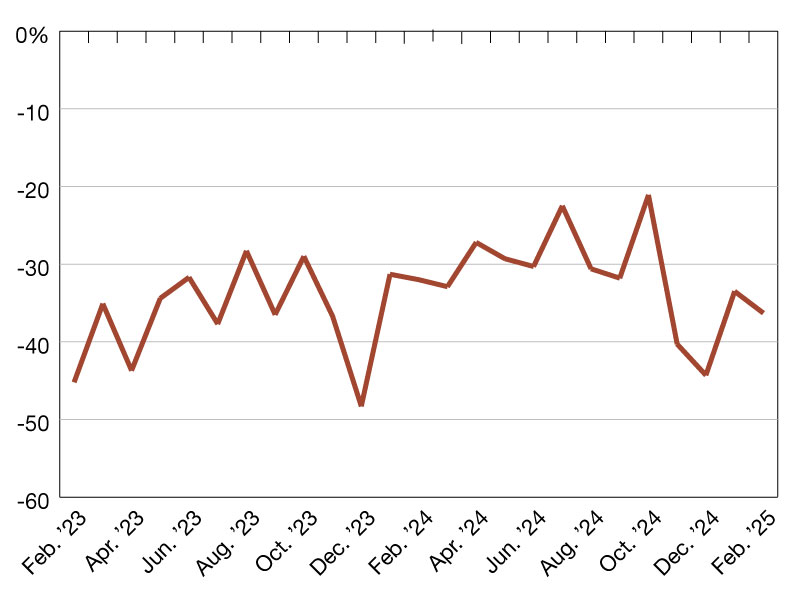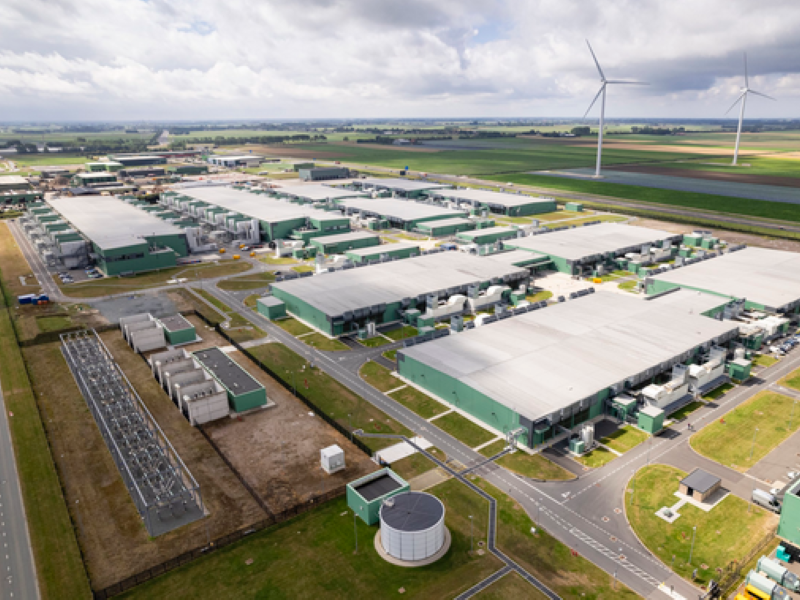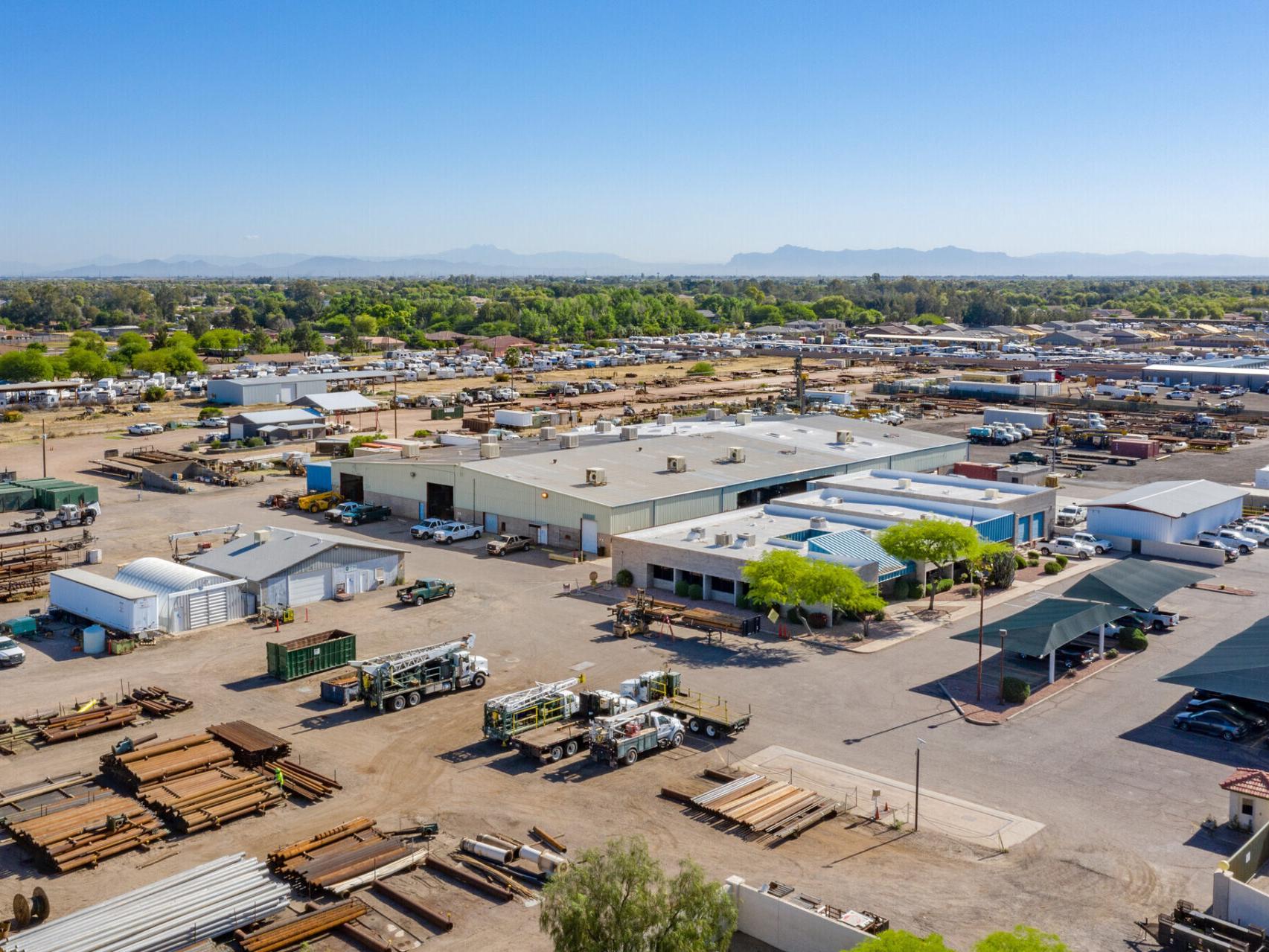PepsiCo Eyes Largest US Plant
Located in Denver, the facility will also be the company’s most sustainable in the nation.
PepsiCo Beverages North America has acquired nearly 152 acres of land in the Denver High Point development area, where the company will soon begin building a 1.2 million-square-foot manufacturing facility.
The project, to be built on a greenfield site near the intersection of East 72nd Avenue and Argonne Street, just outside Denver International Airport, will have three times the capacity of the current Denver facility and will be PBNA’s largest U.S. plant location. It’s scheduled to open in the summer of 2023.
READ ALSO: Why Large Industrial Sales Are Gaining Steam
The new facility is intended to be PepsiCo’s most sustainable domestic manufacturing facility, and as such it will aim to achieve 100 percent renewable electricity, best-in-class water efficiency and reduced virgin-plastic use, the company stated.
A dollar figure on the project was not disclosed.
The High Point facility will produce multiple PepsiCo products, including Pepsi, Pepsi Zero, Gatorade, Bubly, Rockstar, Propel and Muscle Milk.
The general contractor is Gray Construction, Lexington, Ky., a PepsiCo spokesperson told Commercial Property Executive.
The land acquisition reportedly followed a lengthy four-state site selection process. The choice of Denver builds on PepsiCo’s long history in Colorado, according to the company.
In a prepared statement, Denver Mayor Michael B. Hancock noted that PepsiCo has been a significant presence in the city for nearly 75 years.
Too much distribution space in Denver?
On the distribution side of metro Denver’s industrial space market, interestingly, build-to-suit properties comprised a sizable majority of the move-ins so far this year, according to a first-quarter report from JLL. Spec construction, on the other hand, appears to be outpacing recent figures for absorption, causing some concern.
Specifically on the manufacturing space side, the metro has a tight 2.8 percent total availability, versus 10.9 percent for warehouse/distribution space. Better yet for landlords, only 197,000 square feet has been completed so far this year, and no space is currently under construction, also according to JLL.
Despite potential overbuilding, the Denver warehouse/distribution sector remains active. In April, Everwest Real Estate Partners and Invesco Real Estate secured $101.3 million to refinance and finish construction on a multi-phase industrial complex in Thornton, Colo. The project will total more than 900,000 square feet and nine buildings when it’s completed.








You must be logged in to post a comment.